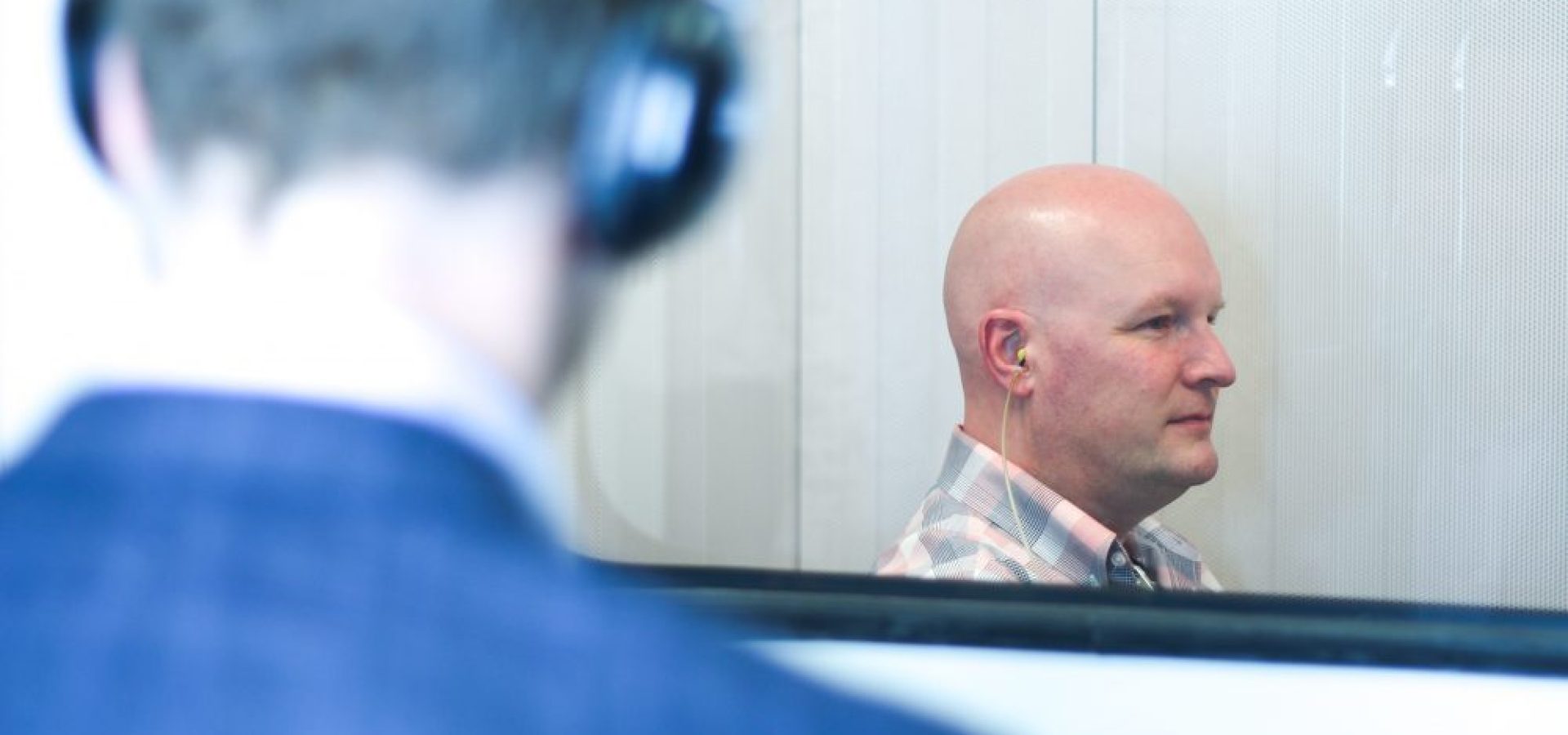Menu

A sudden loss of hearing, whether on one or both ears, can be a frightening and panic-inducing experience. This rapid progression is a condition called Sudden Sensorineural Hearing Loss (SSHL), which is a severe illness that can happen to anyone of any age. Some people may choose to wait a few days before having it checked, especially for those who had no previous issues with their hearing, but it is a severe condition that will need to be treated as a medical emergency.
What is the feeling of sudden hearing loss?
Sudden Sensorineural Hearing Loss typically manifests in just one ear, and despite its moniker, it doesn’t necessarily mean it happens literally in an instant. It can take a few hours or days to develop and ranges up to 72 hours or less for the condition to fully develop or be noticeable. Patients generally notice a loud pop right before their hearing deteriorates, followed by other symptoms like dizziness, pressure, and a continuous ringing. When this happens, it is still possible to hear from the affected ear, though the sounds will be as soft as a whisper.
As it progresses, your ability to understand conversations suffer as sounds become more grating. Not to mention, the ability to catch on the complex, subtle changes of pitch in a human voice or music will be lost. This condition may get worse through age, though it isn’t caused by ageing. To that end, the common culprits include constant exposure to noise pollution, diet, exercise, and poor lifestyle choices. In that regard, many people tend to put off seeing a doctor or ENT specialist but ignoring it will only put you at a higher risk of it not returning to normal.
What is the treatment for SSHL?
It is recommended to treat SSHL within 24 to 48 hours. While the chance of recovering your full hearing is only up to 50%, the American Hearing Research Foundation emphasizes the importance of addressing the condition immediately to prevent it from progressing for the worse. In that regard, ENT specialists or doctors may prescribe high doses of steroids, which can take a few weeks or longer to heal upon the start of your medication.
What causes SSHL?
Multiple reasons damage your nerve endings in your inner ear and result in SSHL, which includes:
- Poor blood circulation
- Head trauma
- Loud noises such as gunshots or firecrackers
- Lyme disease
- Meniere disease
- Weak blood vessels due to diabetes
- Poisonous snake bite
- Autoimmune disease
- Tumour
- Neurologic disease
- Ototoxic drugs like industrial-strength solvents and cleaners, over-the-counter painkillers like Tylenol, Advil, Aleve, or Aspirin, long-term use of opiates, and medications used for chemotherapy.
What to do when experiencing SSHL
As emphasized in this article, you should immediately contact your ENT specialist and schedule an appointment within the day. Let the receptionist know about your condition so they may be aware of the urgency of your situation. However, in scenarios wherein you can’t get an immediate doctor to address your condition, you should opt to visit the ER as you only have a small window of opportunity to restore your hearing. To that end, if your hearing can no longer be treated, hearing aids are a good option to help improve the quality of your daily life.
If you’d like to check the conditions of your ears, come on down to Fraser Valley Beltone today! We provide extensive & affordable hearing tests in Langley, BC. Get in touch today to book your appointment.

Share Post
Facebook
Twitter
LinkedIn
Email
Reddit
Pinterest
